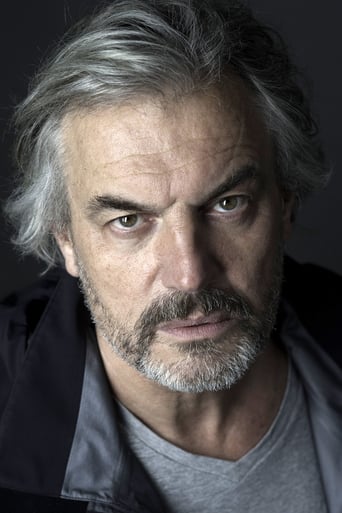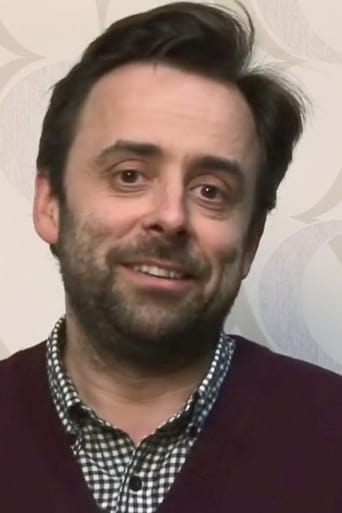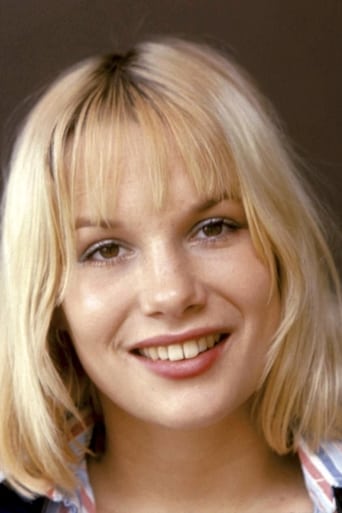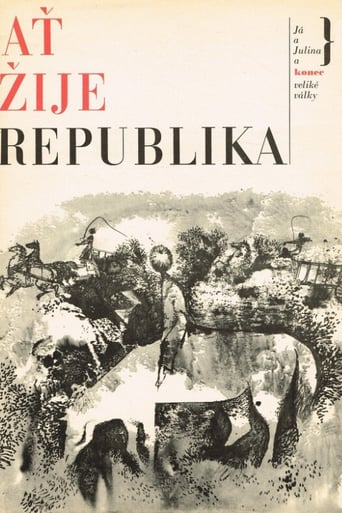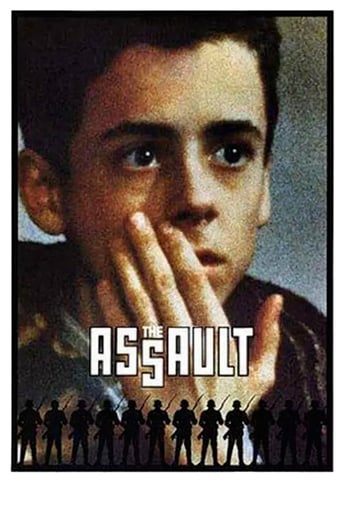
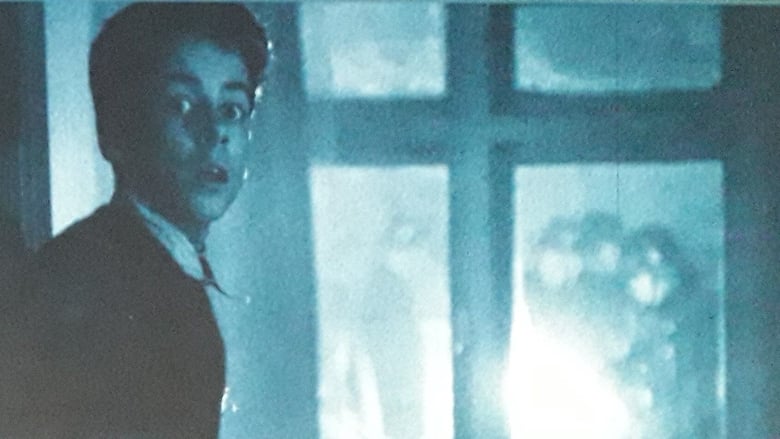
The Assault (1987)
At the end of WWII the Dutch resistance kills a German officer in front of the house of a Dutch family. Years after the war the young boy who witnessed the killing runs into the members of the resistance who committed the killing.
Watch Trailer
Cast


Similar titles
Reviews
At first rather annoying in its heavy emphasis on reenactments, this movie ultimately proves fascinating, simply because the complicated, highly dramatic tale it tells still almost defies belief.
There's no way I can possibly love it entirely but I just think its ridiculously bad, but enjoyable at the same time.
The movie turns out to be a little better than the average. Starting from a romantic formula often seen in the cinema, it ends in the most predictable (and somewhat bland) way.
All of these films share one commonality, that being a kind of emotional center that humanizes a cast of monsters.
In January 1945, during the second world war, the Dutch resistance kills a collaborator in the street where the 12 year old Anton Steenwijk lives. The man was shot in front of his neighbors house, but is moved by them to the house of the family Steenwijk. Because of this, his father, mother and brother are killed by the Germans, and their house is set to fire. During his life, Anton meets several people that tell him more about what really happened on the night of the assault.What really makes this a great film is how it covers so much of the 20th century, at least the major war events. Vietnam, Stalin, Hungary and more... this is not just a story about the Netherlands in World War II, but really a larger tale of Europe. The balance between the personal and the international is what makes it such a notable film.
'De Aanslag' is an epic drama taking place in the final days of German occupation of the Netherlands in 1945.A Nazi collaborator, Ploeg, was shot dead in Haarlem, and the corpse dragged to the front of a neighbouring house. When the Nazis arrived they assumed that the people in that house were responsible, arrested the occupants and set the house alight. Several other people were also rounded up and all executed. The exception is Anton, the 12 year old son of the family who lived in the house, who was taken to the military HQ and later sent to his uncle in Amsterdam.These traumatic events had a serious psychological impact on Anton, particularly in his later life. Like a slow puzzle, the pieces began fitting together. As an adult Anton discovered who killed the collaborator, and who dragged the body to the front of their house, events that had such devastating effects.It is an excellent film, but in my view a little too long. It loses momentum halfway through, but fortunately picks up again towards the end. Acting, cinematography and music score are top-notch. It brings a powerful anti-war message, and also explores the power of public mass protest to change the social order. I still score it a very good 8/10.
Movie based on the famous novel by Harry Mulisch, who also wrote the Discovery of Heaven. In the center is Anton Steenwijk (Derek de Lint), who sees his parents shot and his house burnt after a shooting that killed a collaborator of the German Nazi's in World War II. All his life, Anton is curious about what really happened that night, but when he finds out, will that truly satisfy him? Interesting story, well played and directed by Rademakers (director of 'Als twee druppels water' and 'Max Havelaar'), which won the 'Best foreign language' Oscar back in 1987. And although some viewers won't like the 'coincidental' ending, it's probably one of the best pictures ever to have come from this country... 7/10.
This film is based on the Harry Mulisch novel, and both have some distinguishing characteristics that go back - on purpose - to classic Greek tragedy theatre. The incredible co-incidence that carries the story is reminiscent of ancient literary 'vehicles' that carry a story. Thus, you should not look at the chance events as being part of the story, but as being the foundation for the story - they, in themselves, should not really be questioned.Also, note that every chance meeting is preceded by a meeting with some kind of stone. The Dutch word for dice is 'dobbelsteen', or dicing-stone, so that the simile of dice and chance can be extended to stones and chance. This explains the significance of Anton meeting his first wife while visiting the Stone of Scones.The book, more strongly than the film, is also constructed as a Greek tragedy, with a prologue, five acts and then an epilogue.Anton Steenwijk is also interesting himself: he represses the events of the assault, but it keeps coming back at him. But he is an anaesthetist in more than one way - he puts his memories to sleep. Even in the final stages, when the story is already quite clear to him, he uses drugs at his house in Tuscany and seeks to ease a toothache in Amsterdam before going to the Ban the Bomb demonstration.Personally, I think the book was translated into a film in brilliant fashion. My major qualm with it is the mediocrity of the sound and sound effects. Some pretty good acting and a fantastic storyline make this one well worth the watch.


